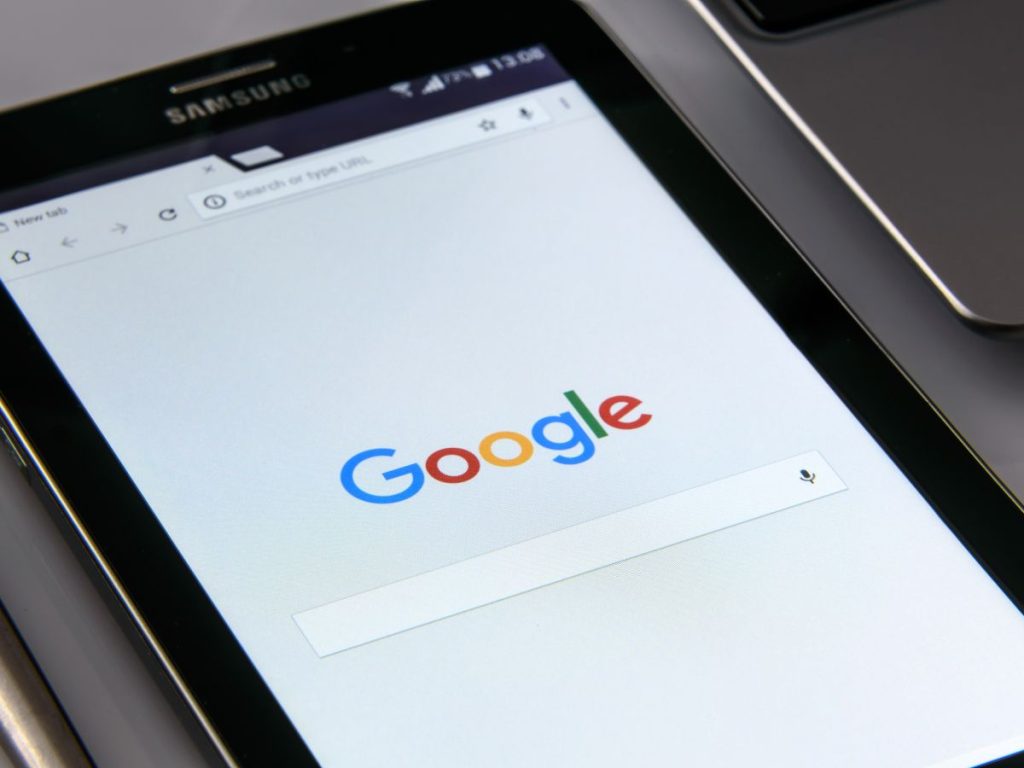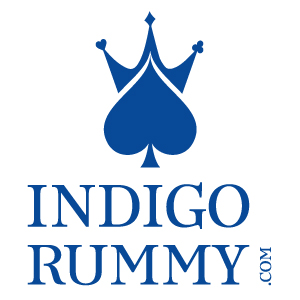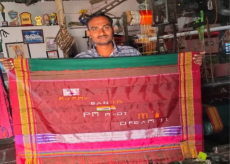RMG companies face new financial strain as Google Playstore likely to impose service fees

Prepend to the content

Real money gaming (RMG) companies, including Dream11, Games24x7, and Mobile Premier League (MPL), are set to face increased cost pressures as Google implements service fees for listing these apps on the Play Store starting July 1 according to the Economic Times.
This new levy comes as an additional challenge to these companies, which are already grappling with the recent increase in Goods and Services Tax (GST) to 28%. While Google’s decision to allow pay-to-play apps on the Play Store potentially opens access to over 600 million Android smartphone users in India, RMG companies are concerned about the service fees, which are expected to range between 15% and 30%.
Roland Landers, CEO of the All India Gaming Federation (AIGF), expressed support for Google’s decision, noting that it could significantly reduce customer acquisition and other associated costs. “We support the progressive decision by Google. This will give a big boost to the Indian online gaming industry, where over 70% of the revenue is generated by pay-to-play platforms,” Landers said.
He also highlighted the challenges posed by the new service fees. ” However, the reception and adoption of this policy will ultimately depend on Google’s consideration towards two critical aspects of the industry firstly, the existing tax burden in light of the new GST regime and secondly, the unique business and revenue model of pay to play games,” Landers added.
The gaming industry argues that its business model differs from other app operations such as Shaadi.com or Naukri.com, which rely on one-time subscription payments or in-app purchases. In contrast, RMG platforms handle money that comes in and goes out depending on users’ gameplay.
A gaming executive explained, “For a simple Ludo match where four players each put in Rs. 100, there is a Rs. 28 charge as GST, which the platform currently absorbs. The winner takes home roughly Rs. 370 after deducting some platform fees. A flat 15-30% service charge on deposits would be damaging, as deposits are not revenue for app publishers. Their actual revenue is only Rs. 30 in this example.”
Following a successful pilot with rummy and daily fantasy apps in India for over two years, Google announced in January that it would allow more RMG operators to list their apps on the Play Store starting June 30 and would “evolve” its service fee model. This could mean companies facing a levy of between 15% and 30% of their revenues.
The post RMG companies face new financial strain as Google Playstore likely to impose service fees appeared first on G2G News.



